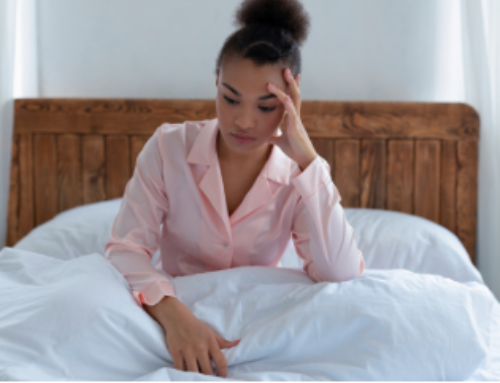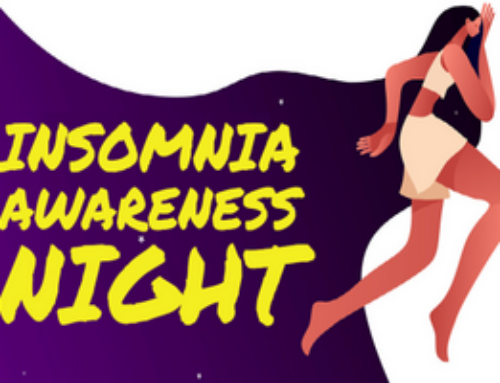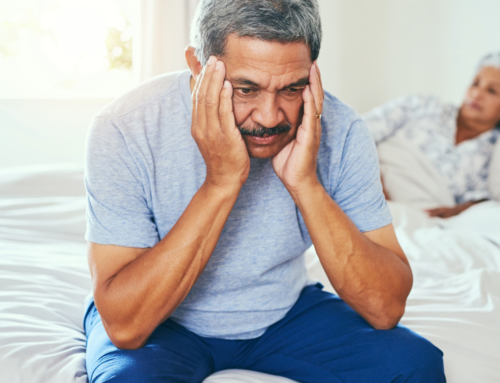A new study found that adult sleepwalking is a potentially serious condition that may induce violent behaviors and affect health-related quality of life.
“We found a higher frequency of daytime sleepiness, fatigue, insomnia, depressive and anxiety symptoms and altered quality of life in patients with sleepwalking compared to the control group,” said Yves Dauvilliers, MD, PhD, the study’s principal investigator and lead author. Dr. Dauvilliers is a professor of physiology and neurology and director of the sleep lab at Gui-de-Chauliac Hospital in Montpellier, France. “What would usually be considered a benign condition, adult sleepwalking is a potentially serious condition and the consequences of sleepwalking episodes should not be ignored.”
The study, appearing in the March issue of the journal SLEEP, involved a prospective case-control study of 100 adult patients in whom primary sleepwalking was diagnosed from June 2007 to January 2011. Exclusion criteria included a positive clinical history of REM sleep behavior disorder (RBD), a similar parasomnia that involves violent dream-related behaviors emerging during REM sleep. The age of the sleepwalkers ranged from 18 to 58 years with a median age of 30. Results were compared with 100 healthy control subjects.
Results show that 22.8 percent of sleepwalkers presented with nightly episodes and 43.5 percent presented with weekly episodes. Additionally, a positive history of violent sleep-related behaviors was found in 58 percent, including 17 percent who experienced at least one episode involving injuries to the sleepwalker or bed partner that required medical care. Reported injuries included bruises, nose bleeds, and fractures, and one participant had sustained multiple fractures and serious head trauma after jumping out of a third-floor window.
Sleepwalking is a common parasomnia affecting up to four percent of adults. It involves complex behaviors that occur during arousals from non-rapid eye movement (NREM) sleep. During an episode of sleepwalking the brain is partially awake, resulting in complex behaviors, and partially in NREM sleep with no conscious awareness of actions.
The American Academy of Sleep Medicine considers sleep disorders an illness that has reached epidemic proportions. Board-certified sleep medicine physicians in an AASM-accredited sleep center provide effective treatment. AASM encourages patients to talk to their doctors about sleep problems or view our searchable directory of sleep centers.





